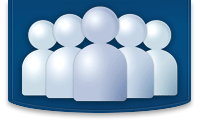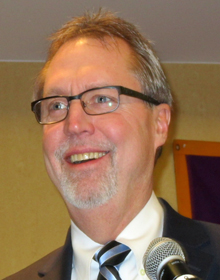Using Effective Leadership Strategies in the Workplace
Dr. Bitting offers interactive leadership training seminars designed to create more supportive work environments by helping managers, supervisors and employees develop more productive relationships in the workplace. A series of interactive leadership seminars designed to help managers, supervisors and employees develop more productive relationships with others.
- U.S. Army Civilian Manager,
Aberdeen Proving Ground, MD
Leadership and Organizational Development Program Summary
A successful organization is a reflection of its employees’ leadership and management skills. As individuals within that organization, each of us needs to practice positive leadership skills while developing an increased awareness of others' values, needs, and reasons for behaving. In a truly productive and rewarding workplace, personal goals and organizational goals must be closely linked – often a challenging task in a complex environment. The following series of interactive workshops are designed to help managers, supervisors and employees develop their own leadership skills while creating more productive relationships with others.
Bob recently retired (mostly) as the Associate Dean of Alfred University New York (AUNY), the greater NYC area graduate and post-baccalaureate certificate programs of Alfred University (since 2005). He continues as a Licensed Mental Health Counselor and is nationally certified as a domestic violence instructor through the Department of Homeland Security and the Federal Law Enforcement Training Center. He directed and was the group co-facilitator for the Batterer’s Education Program (for domestic violence offenders) in Allegany County, NY through the District Attorney’s Office for 13years. Bob earned his Ph.D. in Higher Education Administration from SUNY Buffalo in 1988, with an emphasis on leadership and organizational development. He has been a teacher throughout his career.








